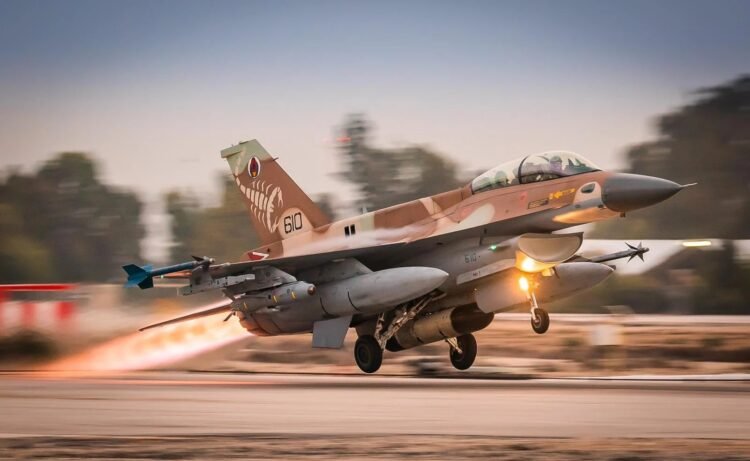WASHINGTON, D.C. — Former U.S. President Donald Trump has raised the specter of military conflict with Iran, suggesting that Israel would take the lead in any potential strike should Tehran fail to abandon its nuclear ambitions. His comments come just days before scheduled diplomatic talks in Oman between American and Iranian officials.
“If military action is necessary, we’ll take it,” Trump said during a press briefing Wednesday. “Israel will obviously play a major role — they’ll lead it. But let’s be clear: no one leads the United States. We act in our own interest.”
The remarks underscore the growing frustration in Washington as Iran edges closer to developing a nuclear weapon. While Trump did not specify a deadline for resolving the standoff, he expressed skepticism about the upcoming talks.
“You can usually tell early on if discussions are going somewhere,” Trump said. “Right now, I have the sense they’re not.”
A History of Failed Diplomacy
The tensions stem largely from the 2015 Joint Comprehensive Plan of Action (JCPOA), a multilateral deal that restricted Iran’s uranium enrichment in exchange for sanctions relief. Trump pulled the U.S. out of the agreement in 2018, labeling it “the worst deal ever,” a move that reignited hostilities and accelerated Iran’s nuclear efforts.
Since then, efforts under President Joe Biden to revive the JCPOA through indirect talks in Vienna have faltered. European intermediaries have also failed to broker a new understanding between the two sides.
New Sanctions, Familiar Pressure
Adding to the pressure, the U.S. Treasury Department announced a fresh round of sanctions Wednesday targeting Iran’s nuclear infrastructure. The new penalties include five entities and one individual tied to Iran’s Atomic Energy Organization and its affiliated companies, including Iran Centrifuge Technology Company and Thorium Power Company.
“These measures are designed to slow Iran’s nuclear progress and hold enablers accountable,” a Treasury spokesperson said.
Iran Extends an Unlikely Olive Branch
Meanwhile, Iranian President Masoud Pezeshkian struck a more conciliatory tone. Speaking in Tehran, the reformist leader reiterated that Iran does not seek to develop a nuclear bomb and even opened the door to direct U.S. investment in the country.
“His excellency [Ayatollah Ali Khamenei] has no objection to American investors operating in Iran,” Pezeshkian declared. “If we can reach a deal, American businesses are welcome.”
The statement marks a notable shift from Iran’s previous position, which severely limited American economic involvement despite the partial thaw that followed the 2015 accord.
High Stakes in Oman
The upcoming discussions in Oman — described by the U.S. as direct, though Iranian officials insist they will be indirect — may represent a final opportunity to avoid escalation. With military options now openly discussed and diplomatic channels fraying, the region braces for what could be a turning point in U.S.-Iran relations.
Whether Oman’s neutral ground can bridge the chasm between Washington and Tehran remains uncertain. But with Trump’s rhetoric and Iran’s economic overtures on full display, the world is watching for signs of either reconciliation or rupture.

 English
English



























































